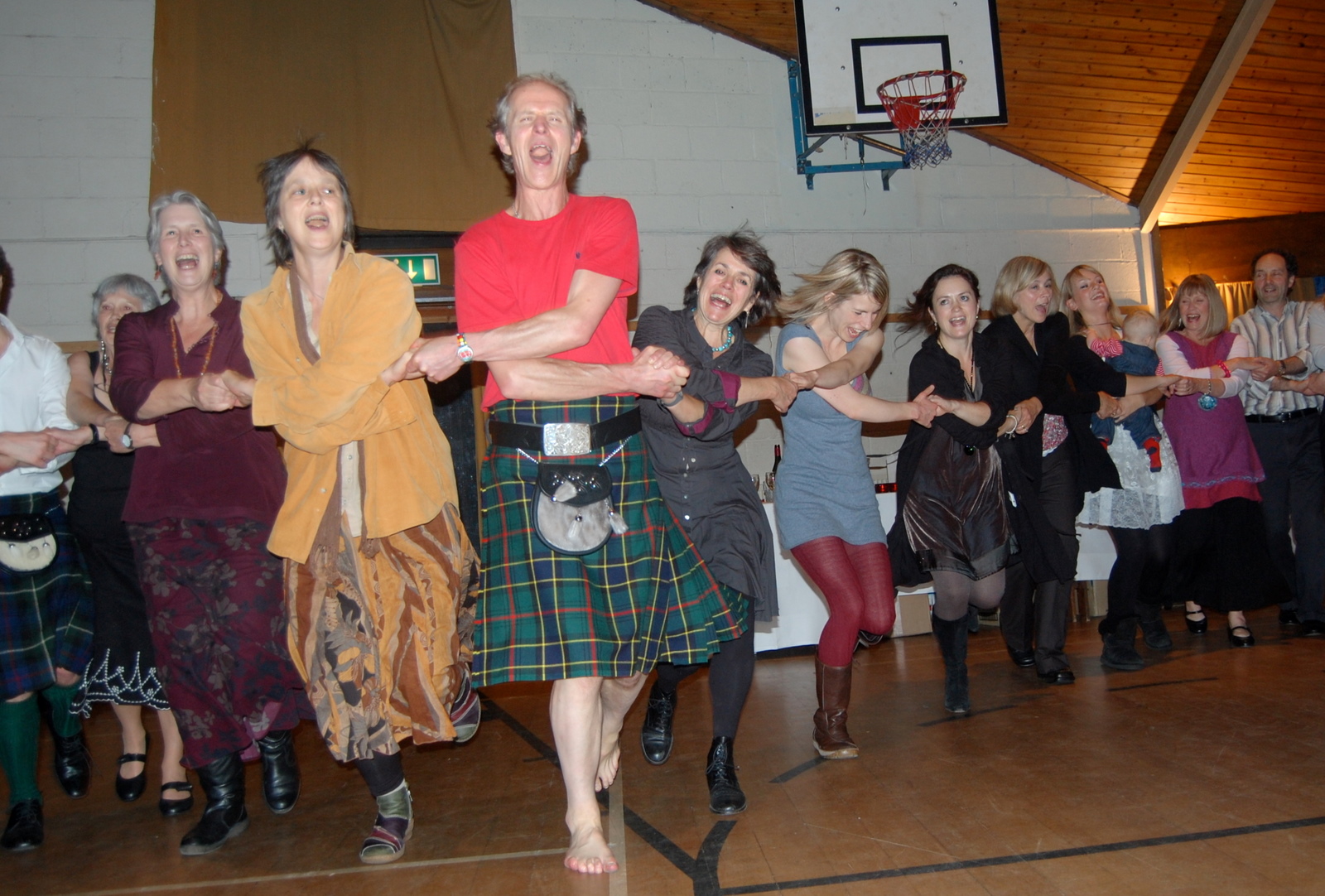Conflict: not too much, not too little - the importance of assertiveness in close relationships
Last updated on 21st September 2014
(this post is downloadable as both a Word doc and as a PDF file).

(this post is downloadable as both a Word doc and as a PDF file).
(this post is downloadable as both a Word doc and as a PDF file).
I wrote yesterday about conflict and the costs of over- and under-assertiveness. Today's post adds further thoughts about making conflict constructive.
(this post is downloadable as both a Word doc and as a PDF file).
Occasional disagreement and conflict are pretty much inevitable. I scanned Medline for relevant research articles to see if there are any helpful insights that have emerged recently. As usual when one trawls for information, hundreds of publications emerge. Here are a few of the areas I found particularly interesting.
Valentine's Day! Well here's a topical research study. Professor Jamie Pennebaker is probably best known for his research on expressive writing - see, for example, the series of four blog posts I wrote about his lecture at last year's British Association for Behavioural and Cognitive Psychotherapies' conference. However, as he states on his very informative website, "His most recent research focuses on the nature of language and emotion in the real world. The words people use serve as powerful reflections of their personality and social worlds". Last month Jamie and colleagues published this interesting paper:
"If you want others to be happy, practise compassion. If you want to be happy, practise compassion" Dalai Lama

Yesterday, Catero and I celebrated our 30th wedding anniversary with a ceilidh. This is Auld Lang Syne at the end of the party. I'm the loudmouth (on one glass of wine), with dear Catero on my left (to the right in the picture). Laura, precious stepdaughter, is three places to my left and Kieran, precious son, only half shown four places to my right. Celebration and gratitude ... and very relevant to this month's blog post themes of relationships and social networks.
I went to a workshop on Saturday about "Relational depth". As is usually the case, chewing over the material afterwards, thinking about how it's relevant for myself & my work, following up some leads - these seem crucial activities to promote "digestion" rather than a quick learning meal that goes right through me providing no "nutritional value". One of the ideas that I enjoyed was a slight refocus of the classic person-centred triad - authenticity, empathy, unconditional positive regard - so that the relationship between the people involved became more foreground and the individuals a little more background. I put together a slightly adapted version of one of the facilitator, Mick Cooper's handouts. It looks like this:
This is the fifth in a series of six blog posts triggered by going to a workshop "Meeting at relational depth" taken by Mick Cooper in Glasgow. I've already written about two exercises we explored during the morning session - "Meeting at relational depth: what does it involve?" and "Meeting at relational depth: what intrigued me most". In the afternoon session, we mostly focused on two further exercises:
Strategies of disconnection: Participants will be invited to take some time, in pairs, to discuss the ways in which they may tend to disconnect from others. There will then be time to explore the relevance of this to therapeutic practice.
Yesterday I wrote a post "Meeting at relational depth: what intrigued me most". I described how, in this one day workshop, I paired up with someone I'd never met before and acted as client in a 20 minute role-played counselling session. Every minute we independently estimated how deeply we felt connected (on a 0-10 scale). When we looked at our estimates at the end of the session, they almost exactly matched. I felt as connected to my "counsellor" as she did to me, even though she had said only a few words. What's going on?
The August 11th edition of the British Medical Journal reported: "Having strong social relationships seems to have an effect on survival comparable to that of quitting smoking and larger than controlling traditional risk factors, such as obesity or hypertension. A meta-analysis of social relationships and mortality looked at 308,849 participants aged 63.9, on average, at baseline; 29% died during the follow-up of 7.5 years. Overall, strong social relationships improved the odds of survival by 50%. Similar results were found for two aspects of relationships, defined by the researchers as structural (integration in social networks) and functional (received or perceived social support), although the link with integration was somewhat stronger.